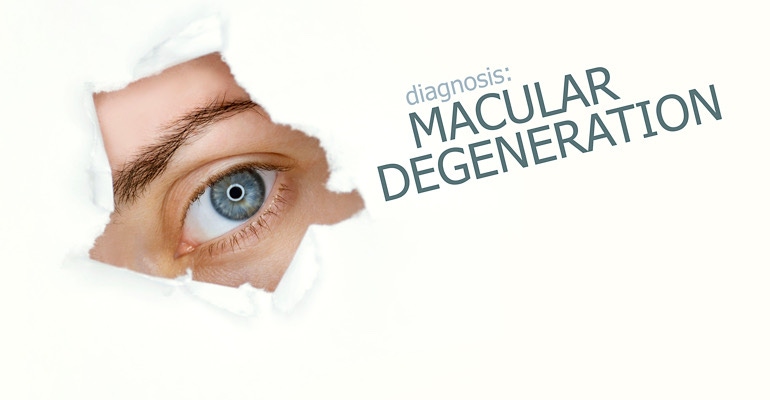The system will be for patients enrolled in the PRIMAvera pivotal trial and the French Feasibility study.
August 3, 2022

Pixium Vision reported the approval of the remote rehabilitation system for patients enrolled in the PRIMAvera pivotal trial and the French Feasibility Study in atrophic dry age-related macular degeneration (AMD).
The approval was granted by the Ethics Committee and the Regulatory Authorities.
This first feature of Pixium Vision’s new remote patient engagement platform will allow patients to conduct rehabilitation sessions from home, with or without the help of a family member or a caregiver. The platform requires only a tablet, provided by Pixium, and an internet connection to be fully functional.
Over the coming months, more innovative features are expected to be added to the platform to help dry AMD patients live a more independent life.
A total of 38 patients will be enrolled in the PRIMAvera study, an open-label, baseline-controlled, non-randomized, multi-center, prospective, single-arm pivotal trial.
The primary efficacy endpoint is the proportion of subjects with an improvement of visual acuity of logMAR 0.2 or more from baseline to 12 months, and the primary safety endpoint is the number and severity of device and procedure-related serious adverse events at 12 months follow-up.
The study will include three years of follow-up, with an assessment of the primary endpoints at 12 months after implantation.
The PRIMAvera study aims to confirm the safety as well as the benefits provided by the Prima System and is the last clinical step before seeking market approval in Europe. The study was initiated in 4Q20 in France, and the first patient was implanted in March 2021.
Pixium Vision has since established clinical sites and implanted its first patients in Germany, the UK and the Netherlands. The opening of additional clinical sites is planned in Spain, and Italy during 2022. Pixium Vision expects to complete recruitment by the end of 2022, leading to a read-out of the PRIMAvera study around the end of 2023 and a regulatory submission in Europe in H1 2024.
"The approval of the remote rehabilitation allows patients enrolled in our PRIMAvera pivotal study and French Feasibility Study to complete the majority of their training in the comfort of their own homes with a simple technical set up and without the need for repeated trips to hospital," said Lloyd Diamond, CEO of Pixium Vision. "We are using apps specifically designed for our patients as well as employing gamification principles to make the rehabilitation process as engaging and effective as possible. We also expect the remote patient engagement platform, thanks to upcoming additional functionality, to encourage better communication between patients and their physicians and among patients themselves. Over the last few months, we have successfully continued to move the Prima System closer to the market and this remote rehabilitation process will be a critical element of the real-life process once this revolutionary system is commercialized in a couple of years."
About the Author(s)
You May Also Like


